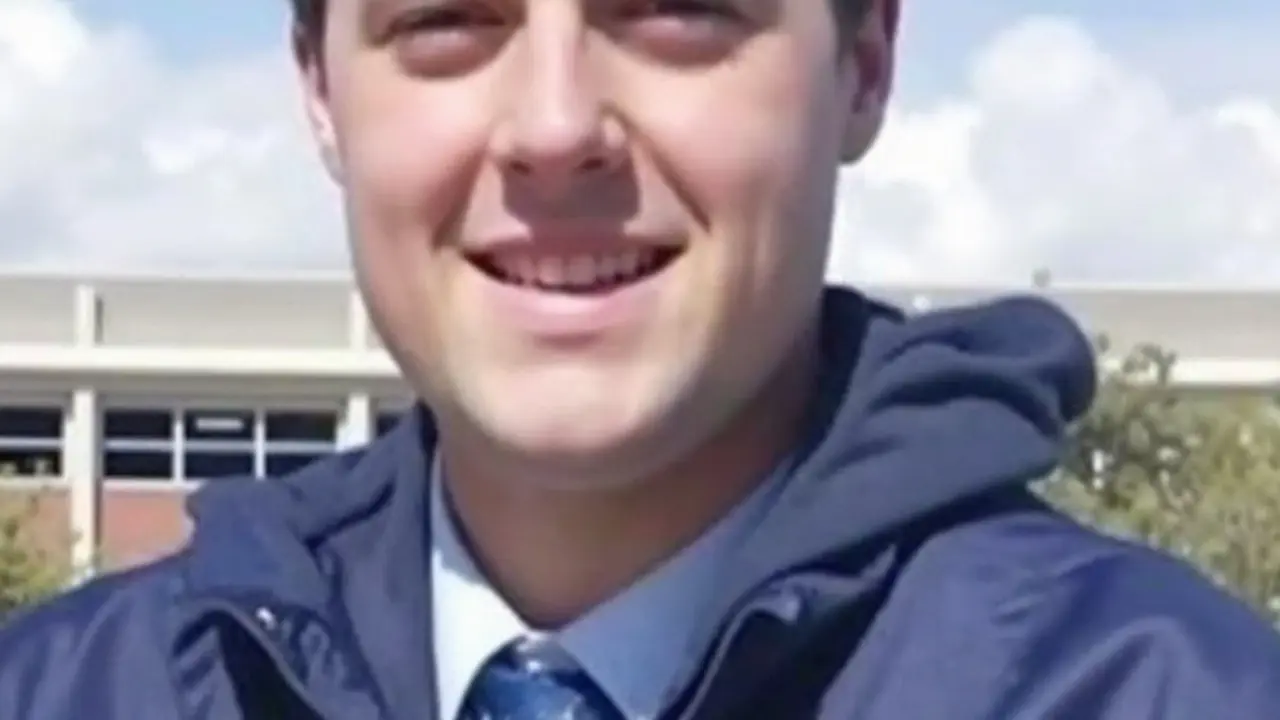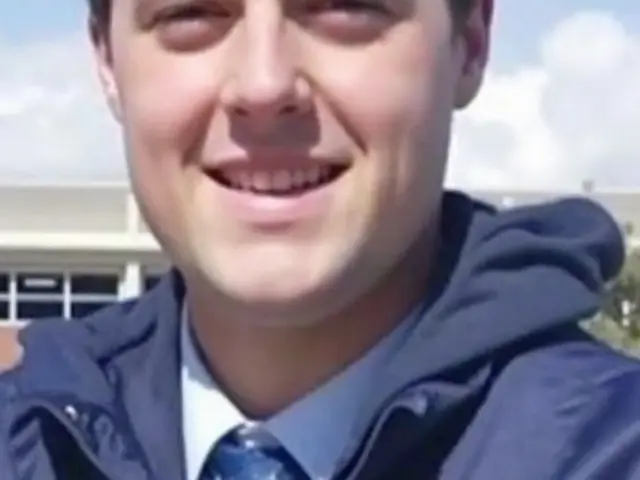Stellenbosch University Incident Sets Off Firestorm
If you ask around Stellenbosch, South Africa’s university town, you’ll feel the tension crackling just beneath the surface. The May 2022 dormitory incident, in which a white student, Theuns du Toit, urinated on the textbooks and laptop of Black student Babalo Ndwayana, didn’t just shock students—it rocked a nation still living in apartheid’s long shadow. As cellphone video footage spread, so did the anger.
Du Toit’s family insists this was a drunken mistake, not an act of racism. They say he simply made a terrible decision after a night of drinking and that he’s been devastated—his family claims he "cried for days" as the video made headlines and his reputation crumbled. For them, the incident doesn’t reveal deep prejudice, but rather a moment of intoxicated stupidity. But outside their circle, those explanations did little to calm people down. Critics immediately pointed out du Toit’s words during the act: “This is what white boys do to Black boys.” For many, those words carried decades of pain, humiliation, and historic violence.
The public’s reaction was immediate and fierce. Nearly 50,000 signed a Change.org petition, not just for disciplinary action, but for his permanent removal. It wasn’t just about punishing one student—it was about standing up to a culture that, for some, still feels unchanged since the days when people were separated and demeaned based on skin color.
What the Case Reveals About South African Reality
Babalo Ndwayana, the student whose possessions were targeted, made it clear how it felt. He described the incident as traumatic—a word that means something very specific in a country where violence and systemic injustice have left deep scars. Having a fellow student violate your private space and belongings isn’t just a college prank, especially when mixed with loaded racial overtones. Ndwayana’s sense of safety and dignity was wiped away in minutes.
Stellenbosch University moved quickly, suspending du Toit almost immediately. But the public wanted more than suspension; they demanded accountability. The university ultimately expelled du Toit following a lengthy investigation, a move cheered by students and activists who saw this as a small but crucial stand against recurring displays of campus racism.
The episode kicked off broader soul-searching about what’s really changed in South Africa’s schools and universities—or what hasn’t. Old prejudices run deep, and for students like Ndwayana, those old ideas still show up in ugly, public ways. Critics say the incident is part of a wider pattern, not a one-off, and point to subtle and not-so-subtle evidence of racism across campuses, from exclusionary language to social cliques.
If you survey campus today, you’ll hear plenty of voices saying this isn’t an isolated event. A 2023 survey of university students across the Western Cape found more than a quarter had witnessed or experienced racially insensitive behavior in residence halls. For them, the uproar at Stellenbosch just pulled a recurring problem into a harsh spotlight.
Theuns du Toit’s defenders argue for compassion—they say a future shouldn’t be ruined over a night of intoxication. But for others, the words spoken in that viral video—the pointed declaration of what "white boys" do—carry more weight than any apology ever could. The line between an act of drunken stupidity and the revival of hostile old attitudes is razor-thin.
No matter where you stand, one thing is hard to ignore: this incident ripped open wounds that never really healed, and forced a new generation to reckon with what equality and dignity should look like—in the dorm, on campus, and across South Africa.

